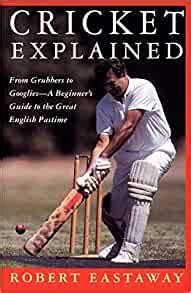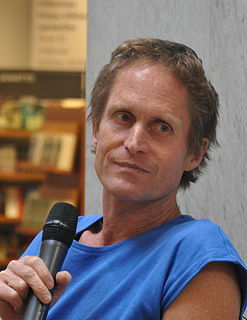A Quote by Stephen Dunn
Connubial Because with alarming accuracy she’d been identifying patterns I was unaware of—this tic, that tendency, like the way I've mastered the language of intimacy in order to conceal how I felt— I knew I was in danger of being terribly understood.
Related Quotes
I knew that to find and to feel Yoav again would be terribly painful, because of what had become of him, and because of what I knew he could ignite in me, a vitality that was excruciating because like a flare it lit up the emptiness inside me and exposed what I always secretly knew about myself: how much time I'd spent being only partly alive, and how easily I'd accepted a lesser life.
...because in a way it happened to someone else. I don't really speak that person's language anymore, and when I think about her, she embarrasses me sometimes, but I don't want to forget her, I don't want to pretend she never existed. So before I start forgetting, I have to get down exactly who she was, and exactly how she felt about everything. She was me a lot longer than I've been me so far.
She smiled. She knew she was dying. But it did not matter any longer. She had known something which no human words could ever tell and she knew it now. She had been awaiting it and she felt it, as if it had been, as if she had lived it. Life had been, if only because she had known it could be, and she felt it now as a hymn without sound, deep under the little whole that dripped red drops into the snow, deeper than that from which the red drops came. A moment or an eternity- did it matter? Life, undefeated, existed and could exist. She smiled, her last smile, to so much that had been possible.
The major accomplishment of analyzing illiteracy so far has been the listing of symptoms: the decrease in functional literacy; a general degradation of writing skills and reading comprehension; an alarming increase of packaged language (cliches used in speeches, canned messages); and a general tendency to substitute visual media (especially television and video) for written language.
Dena had always been a loner. She did not feel connected to anything. Or anybody. She felt as if everybody else had come into the world with a set of instructions about how to live and someone had forgotten to give them to her. She had no clue what she was supposed to feel, so she had spent her life faking at being a human being, with no idea how other people felt. What was it like to really love someone? To really fit in or belong somewhere? She was quick, and a good mimic, so she learned at an early age to give the impression of a normal, happy girl, but inside she had always been lonely.
There's a tendency for adults to label the math that they can do (such as identifying patterns, choosing between competing offers in a supermarket, and challenging statistics published by the government) as "common sense" and labeling everything they can't do as "math" - so that being bad at math becomes a self-fulfilling prophecy.
We felt the imprisonment of being a girl, the way it made your mind active and dreamy, and how you ended up knowing which colors went together. We knew that the girls were our twins, that we all existed in space like animals with identical skins, and that they knew everything about us though we couldn’t fathom them at all. We knew, finally, that the girls were really women in disguise, that they understood love and even death, and that our job was merely to create the noise that seemed to fascinate them.







































